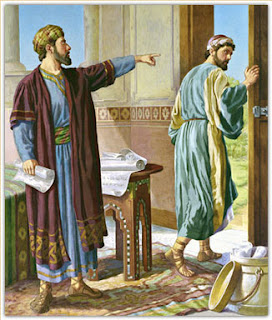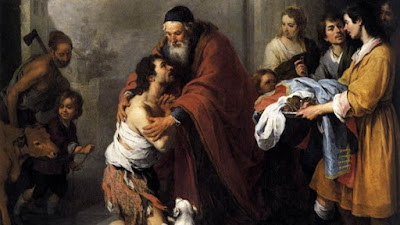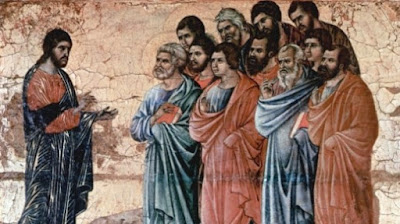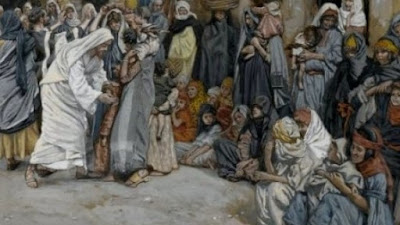St. Padre Pio of Pietrelcina, Priest, Stigmatic, Mystic, and His Miraculous Abilities
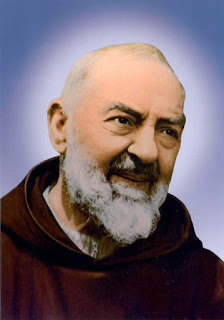
September 23rd, is the memorial of Saint Pio of Pietrelcina, (1887-1968) better known as Padre Pio, the 20th century Capuchin priest, stigmatic and mystic, who during his lifetime, was a spiritual father to innumerable souls. He is the only priest in the history of the Church to receive the stigma — the divine marks of predilection — from our Lord’s Passion and Death. For much of his priesthood, Padre Pio suffered the spiritual, emotional and physical anguish of Christ’s holy wounds. In addition, he was given the miraculous gifts of bilocation, transverberation, (a divine piercing of the heart indicating union with God) the odor of sanctity, the ability to read souls, the ability to see and communicate with spiritual beings, (i.e. guardian angels, demons, the departed) and the capacity to write and comprehend languages foreign to him. Moreover, his brother Capuchins testified under oath that he levitated, healed by touch, and experienced divine ecstasies while praying, as well as,
